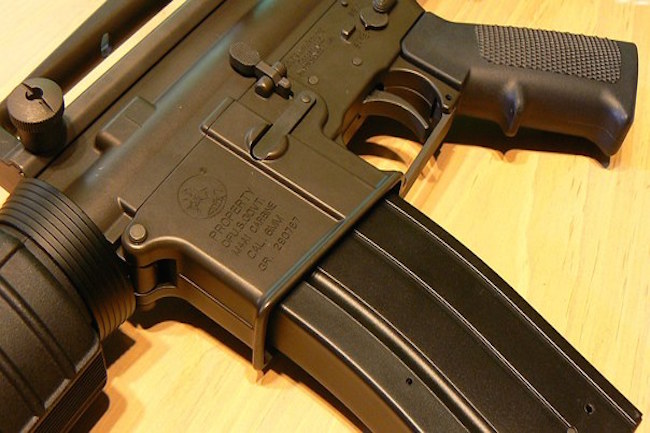On Defensive Handgun Ammo by Charles Yor for The Survivalist Blog
Guns are tools utilized for defense in the U.S. many thousands of times, both by police and citizenry. Guns are ubiquitous and omnipresent in most states of the Union, and guns are constant companions or bedside defensive tools for people from sea to sea.
But for all their common use and ownership, most gun owners know very, very little about the component that actually does the work of letting the wind out of an attacker’s sails. I am referring, of course, to bullets and specifically bullet performance.
The amount of static and persistent bad information that plagues this topic has made getting good information on the subject difficult or impossible for some. When every “trusted” well of information is contaminated by derp, falsehood and superstition, what is the well-intentioned and well-heeled shooter to do?
Well, turn to this article of course, and let your friend Charles guide you through the basic but essential elements of handgun projectile wounding criteria, so that you can become an informed purchaser and an expert chooser of ammunition.
Stopping the Bad Guy: All Other Factors Secondary
On TV shows and in movies, stopping the dirtbags kidnapping your wife is easy: shoot them with a gun of any kind, even once, and one of two potential outcomes will occur: 1.) they will be rendered insensate with a look of indescribable anguish on their face for a brief moment before falling to the ground as lifeless as a string cut puppet, or 2.) they will be bodily blown through the nearest wall/door/fence, utterly killed.
Man, give me some of that ammo! Sadly, real life is not like media. People may do any number of things when shot, including doing nothing. We don’t need to explode our attacker into his constituent atoms or even necessarily kill him to prevail in an attack.
All we need to do is stop him from doing what he plans on doing to us or our loved ones. Stopping him may mean he simply gives up after being wounded. Stopping him may mean shooting him into submission, so physically and mentally compromised he cannot continue his felonious act.
Stopping him may mean he only gives up when he finally expires from the severity of his wounds. The trick is that, until you shoot him, you won’t know what kind of attacker you are dealing with.
While the ammunition industry has made quantum leaps in projectile design and performance enhancement, leading to modern bullets that perform remarkably consistently across a wide domain of situations, our proper scientific forecasting of what a person will do when shot remains subject to enormous variables.
The two broad categories encompassing the means by which an attacker will be incapacitated are psychological factors and physiological factors.
Understanding Different Stopping Factors
Psychological factors entail things going on in the bad guy’s mind and the results of his perceptions, fears, feelings, etc. His mental state and trajectory, if you will. A bag guy may be wounded and just decided to give up.
He may be shot and simply become enraged, eager to fight on and put the hurt to the person who had the audacity to hurt him. A psychological stop is one where the bad guy essentially gives up or flees when wounded; he is shot, knows he is shot, and decides or reacts in such a way that he values escape or surrender more than carrying on with his plan.




